The Ultimate Traveling Medication Kit Guide
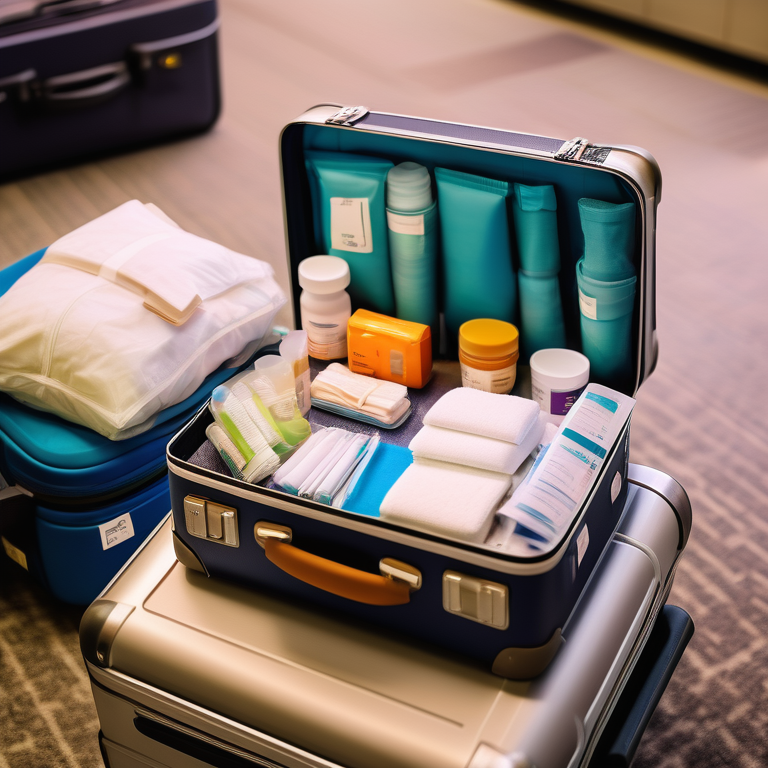
Key Highlights
- A well-stocked travel medication kit is essential for any traveler to manage minor health issues and pre-existing medical conditions.
- The kit should include pain and fever relievers, motion sickness medication, allergy antihistamines, digestive aids, electrolyte solutions, sleep aids, prescription medications, blood sugar monitoring supplies, asthma inhalers, and cardiac medications.
- In addition to medications, the kit should also contain first aid essentials such as antiseptic wipes, bandages, tweezers, and burn cream.
- Travelers should store medications properly, carry copies of prescriptions, and know the regulations for carrying prescription medicines on a plane.
- Organizing the travel medication kit and knowing how to replace lost medications abroad are also important considerations.
- FAQs: How to store medications while traveling, can prescription medicines be brought on a plane, how to organize a travel medication kit, and how to replace lost medications abroad.
Introduction
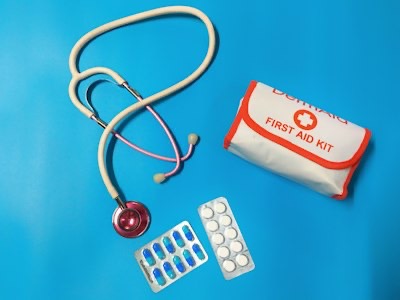
Traveling to new destinations can be an exciting and enriching experience. However, it’s important to be prepared for any health issues that may arise during your journey. One of the key aspects of travel preparation is having a well-stocked medication kit that contains essential medications and supplies to manage common health problems and pre-existing medical conditions.
Having a travel medication kit is crucial because it ensures that you have access to necessary medications and supplies, especially if you are traveling to remote areas where medical facilities may be limited. A well-prepared kit can help you manage minor health issues, prevent exacerbations of pre-existing medical conditions, and provide peace of mind knowing that you have the necessary tools to take care of your health while on the go.
In this ultimate traveling medication kit guide, we will explore the essential medications and supplies that should be included in your travel kit. We will also provide tips on organizing your kit, storing medications, carrying prescription medicines on a plane, and replacing lost medications abroad. By following this comprehensive guide, you can ensure that you have a well-prepared travel medication kit that will keep you healthy and worry-free during your travels.
Essential Medications for Your Travel Kit
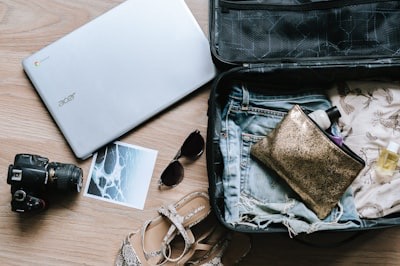
When it comes to creating your travel medication kit, it’s important to include a range of essential medications that can help manage common health issues that may arise during your trip. A well-stocked travel kit should contain pain and fever relievers, motion sickness medication, allergy antihistamines, digestive aids, electrolyte solutions, sleep aids, and medications for pre-existing conditions. In addition to medications, your kit should also include basic first aid supplies such as antiseptic wipes, bandages, and tweezers.
1. Pain and Fever Relievers
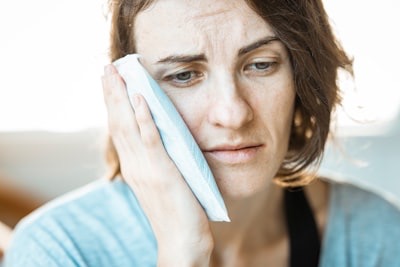
Pain and fever relievers are essential medications to include in your travel medication kit. Whether you’re dealing with a headache, muscle pain, or a fever, these medications can provide relief and help you continue enjoying your trip. Here are some key points to consider:
- Ibuprofen and acetaminophen are common over-the-counter pain and fever relievers that can be included in your kit.
- Hydrocortisone cream can be helpful for relieving itching and inflammation caused by insect bites or skin irritations.
- It’s important to follow the recommended dosage instructions and consult a healthcare provider if the pain or fever persists.
- In case of severe pain or fever, it’s advisable to seek medical care and contact the local emergency services if necessary.
By including pain and fever relievers in your travel medication kit, you can be prepared to manage minor aches, pains, and fevers that may occur during your trip.
2. Motion Sickness Medication
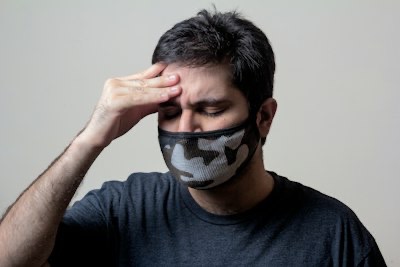
Motion sickness can be a common problem for travelers, especially during long journeys or when traveling on boats, planes, or trains. Including motion sickness medication in your travel medication kit can help alleviate symptoms and make your travel experience more comfortable. Here are some key points to consider:
- Over-the-counter medications such as dimenhydrinate or meclizine can be effective in preventing and treating motion sickness.
- It’s important to take the medication according to the instructions provided and consult a healthcare provider if you have any concerns or if the symptoms worsen.
- Some people may find alternative methods such as acupressure bracelets or ginger supplements helpful in managing motion sickness.
- If you experience severe symptoms or if the motion sickness medication does not provide relief, it’s advisable to seek medical attention.
By including motion sickness medication in your travel medication kit, you can be prepared to manage and prevent motion sickness, allowing you to enjoy your journey without discomfort.
3. Allergy Antihistamines
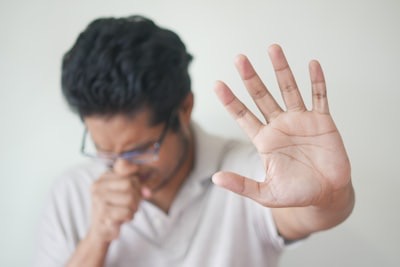
For travelers with allergies, including antihistamines in your travel medication kit is essential to manage allergic reactions and symptoms. Whether you’re allergic to pollen, dust, or certain foods, having allergy antihistamines on hand can provide relief and prevent complications. Here are some key points to consider:
- Over-the-counter antihistamines such as cetirizine or loratadine can help alleviate allergic symptoms such as sneezing, itching, and runny nose.
- It’s important to follow the recommended dosage instructions and consult a healthcare provider if you have any concerns or if the symptoms persist.
- In case of severe allergic reactions or anaphylaxis, it’s crucial to seek immediate medical care and contact the local emergency services.
- If you have a known severe allergy, carrying an epinephrine auto-injector (such as an EpiPen) and knowing how to use it can be life-saving.
By including allergy antihistamines in your travel medication kit, you can be prepared to manage allergic reactions and enjoy your trip without the discomfort of allergies.
4. Digestive Aids for Common Stomach Issues
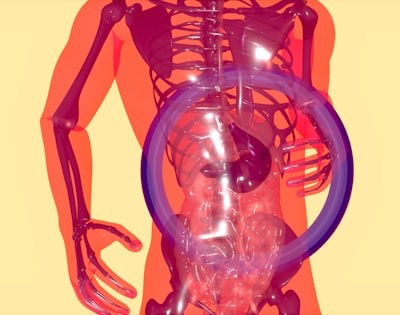
Digestive issues such as upset stomach, diarrhea, and indigestion can be common while traveling, especially when trying new foods or experiencing changes in diet and routine. Including digestive aids in your travel medication kit can help manage these stomach issues and prevent discomfort. Here are some key points to consider:
- Over-the-counter medications such as antidiarrheal medication (e.g., loperamide) and antacids can provide relief for upset stomach and diarrhea.
- It’s important to follow the recommended dosage instructions and consult a healthcare provider if the symptoms persist or worsen.
- In addition to medications, carrying packets of oral rehydration salts can help replenish lost fluids and electrolytes in case of dehydration caused by diarrhea.
- It’s also advisable to practice good hygiene and follow food and water safety recommendations to prevent stomach issues while traveling.
By including digestive aids in your travel medication kit, you can be prepared to manage common stomach issues and ensure a more comfortable travel experience.
5. Electrolyte Solutions for Hydration

Staying hydrated is essential for overall health, especially when traveling. Including electrolyte solutions in your travel medication kit can help maintain hydration and replenish essential minerals lost through sweating or diarrhea. Here are some key points to consider:
- Oral rehydration solutions such as Pedialyte or Gatorade can help replenish fluids and electrolytes, especially in cases of dehydration caused by diarrhea or excessive sweating.
- It’s important to follow the recommended mixing instructions and consume the solution as directed.
- Electrolyte solutions can be particularly beneficial for travelers engaging in physical activities or spending time in hot climates.
- It’s also important to drink plenty of clean water and avoid excessive alcohol or caffeine consumption, as they can contribute to dehydration.
By including electrolyte solutions in your travel medication kit, you can ensure proper hydration and maintain your overall health while traveling.
6. Sleep Aids for Adjusting to New Time Zones

Adjusting to new time zones can be challenging, especially when experiencing jet lag. Including sleep aids in your travel medication kit can help promote better sleep and facilitate your adjustment to new sleep patterns. Here are some key points to consider:
- Over-the-counter sleep aids such as melatonin can help regulate sleep-wake cycles and improve the quality of sleep.
- It’s important to follow the recommended dosage instructions and consult a healthcare provider if you have any concerns or if the sleep disturbances persist.
- Other strategies such as maintaining a regular sleep schedule, avoiding caffeine and alcohol close to bedtime, and exposing yourself to natural light can also aid in adjusting to new time zones.
- If you have chronic sleep issues or if the sleep disturbances significantly impact your daily functioning, it’s advisable to seek medical advice.
By including sleep aids in your travel medication kit, you can improve your sleep quality and facilitate your adjustment to new time zones, allowing you to enjoy your travels fully.
Must-Have Supplies for Managing Pre-Existing Conditions
Travelers with pre-existing medical conditions should ensure they have the necessary supplies and medications to manage their conditions while on the go. In addition to the essential medications mentioned earlier, here are some must-have supplies for managing pre-existing conditions:
- Medical alert bracelet: Wearing a medical alert bracelet can provide vital information in case of an emergency and help medical professionals provide appropriate care.
- Prescription medicines: It’s crucial to carry enough prescription medicines for the duration of your trip and have extra supplies in case of unforeseen circumstances.
- Medical records and documentation: Carrying copies of prescriptions, medical records, and documentation of pre-existing conditions can be helpful in case of medical emergencies or when seeking healthcare abroad.
By having these supplies and documents readily available, travelers with pre-existing conditions can ensure proper management of their health during their travels.
7. Prescription Medications with Copies of Prescriptions
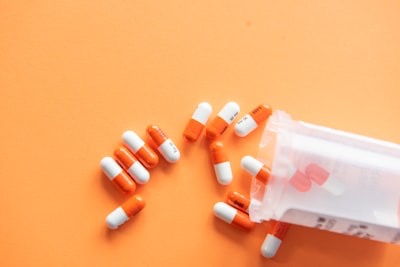
If you require prescription medications for your pre-existing conditions, it’s essential to ensure that you have the necessary medications with you during your travels. Here are some key points to consider:
- Carry all prescription medications in their original containers with clear labels that identify the contents, your name, and dosing instructions.
- Include copies of all prescriptions, including generic names, preferably translated into the local language of your destination.
- If you are traveling with controlled substances or injectable medications, carry a note from your prescribing healthcare provider or travel clinic on letterhead stationery.
- It’s important to be aware of medication restrictions in certain countries. For specific questions about medication restrictions, particularly for controlled substances, contact the US embassy or consulate of your destination country.
By following these guidelines and carrying the necessary documentation, you can ensure that you have access to your prescription medications and proper medical care during your travels.
8. Blood Sugar Monitoring Supplies for Diabetics

For travelers with diabetes, it’s crucial to have the necessary supplies to monitor blood sugar levels and manage the condition effectively. Here are some key points to consider:
- Ensure that you have enough blood glucose monitoring supplies, including glucose meters, test strips, lancets, and insulin if required.
- It’s advisable to carry extra supplies in case of loss, breakage, or extended travel.
- Store the monitoring supplies in a cool and dry place to maintain their efficacy.
- If you use insulin, carry it in a cooler bag with ice packs to maintain the required temperature.
- It’s also important to carry snacks or glucose tablets to manage low blood sugar episodes.
By including blood sugar monitoring supplies in your travel medication kit, you can effectively manage your diabetes and ensure your well-being while traveling.
9. Asthma Inhalers and Nebulizers
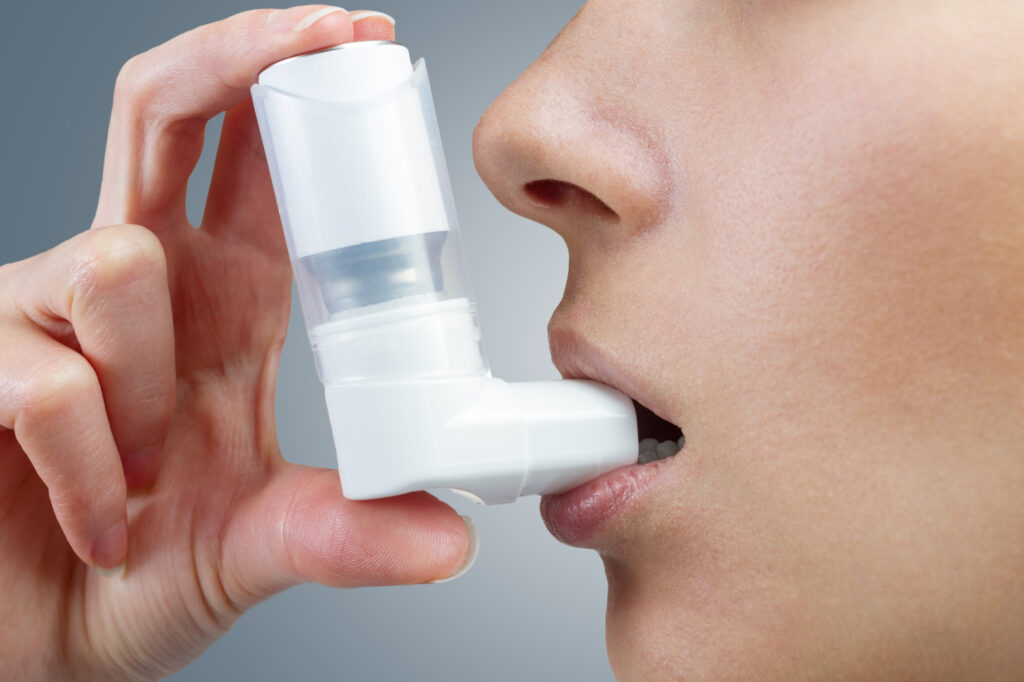
For travelers with asthma or other respiratory conditions, it’s essential to have the necessary supplies to manage symptoms and prevent exacerbations. Here are some key points to consider:
- Carry your prescribed asthma inhalers and/or nebulizers with you during your travels.
- Ensure that you have enough medication for the duration of your trip and extra supplies in case of unforeseen circumstances.
- It’s important to keep the inhalers and nebulizers in a cool and dry place to maintain their effectiveness.
- If you use a nebulizer, consider bringing a portable, battery-operated nebulizer for ease of use during your travels.
- It’s also advisable to carry a copy of your asthma action plan and contact information for your healthcare provider.
By including asthma inhalers and nebulizers in your travel medication kit, you can effectively manage your respiratory condition and enjoy your travels without interruptions.
10. Cardiac and Blood Pressure Medications
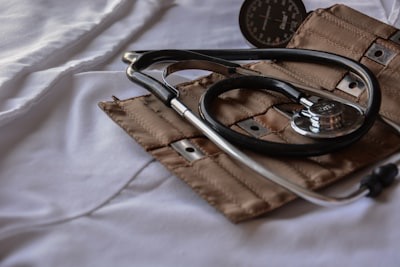
Travelers with cardiac conditions or high blood pressure must ensure they have the necessary medications to manage their conditions while away from home. Here are some key points to consider:
- Carry an ample supply of prescribed cardiac and blood pressure medications for the duration of your trip.
- It’s advisable to monitor your blood pressure regularly and adjust medication dosages as recommended by your healthcare provider.
- It’s important to keep the medications in their original containers with clear labels that identify the contents, your name, and dosing instructions.
- Carry a blood pressure monitor if recommended by your healthcare provider to monitor your blood pressure during your travels.
- If you experience any cardiac symptoms or if your blood pressure becomes uncontrolled, seek immediate medical attention.
By including cardiac and blood pressure medications in your travel medication kit, you can effectively manage your condition and enjoy your travels with peace of mind.
First Aid Essentials for Minor Injuries and Ailments
In addition to medications for specific health issues, your travel medication kit should also contain first aid essentials to manage minor injuries and ailments. Here are some must-have first aid supplies to include in your travel medication kit:
- Antiseptic wipes and creams for wound care and infection prevention.
- Bandages and gauze of various sizes for covering minor cuts, scrapes, and wounds.
- Tweezers and scissors for removing splinters and cutting bandages.
- Burn cream and aloe vera gel for treating minor burns and soothing sunburns.
By including these first aid essentials in your travel medication kit, you can effectively address minor injuries and ailments that may occur during your travels.
11. Antiseptic Wipes and Creams
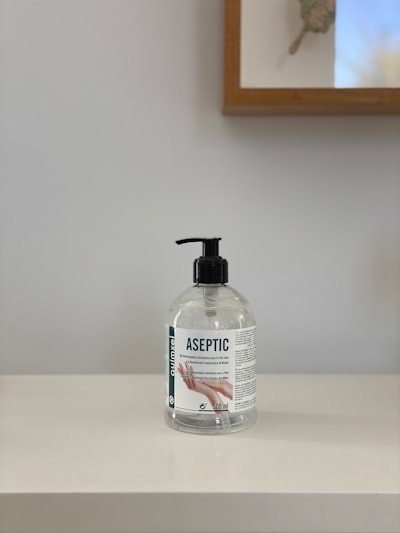
Antiseptic wipes and creams are essential for maintaining proper wound care and preventing infections. Here are some key points to consider:
- Antiseptic wipes are convenient for cleaning minor wounds and preventing infection.
- Antiseptic creams or ointments can be applied to wounds to promote healing and prevent bacteria growth.
- It’s important to clean the wound thoroughly with antiseptic wipes before applying the cream or ointment.
- Follow the instructions provided with the antiseptic wipes and creams, and seek medical attention for severe wounds or signs of infection.
By including antiseptic wipes and creams in your travel medication kit, you can ensure proper wound care and reduce the risk of infection while traveling.
12. Bandages and Gauze of Various Sizes
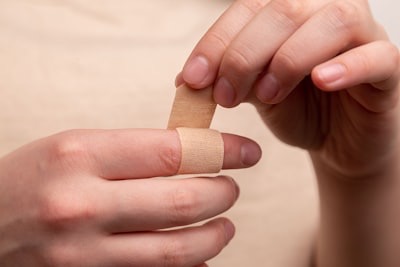
Bandages and gauze are essential for covering and protecting minor cuts, scrapes, and wounds. Here are some key points to consider:
- Include a variety of bandages and gauze of different sizes in your travel medication kit to cater to different wound sizes and locations.
- Adhesive bandages are useful for covering small cuts and preventing further injury.
- Sterile gauze dressings can be used for larger wounds that require more absorbency.
- It’s important to change the bandages and gauze regularly and keep the wound clean to promote healing.
- In case of severe bleeding or wounds that do not stop bleeding, seek immediate medical attention.
By including bandages and gauze in your travel medication kit, you can effectively cover and protect minor wounds and promote proper healing.
13. Tweezers and Scissors for Splinters or Cuts
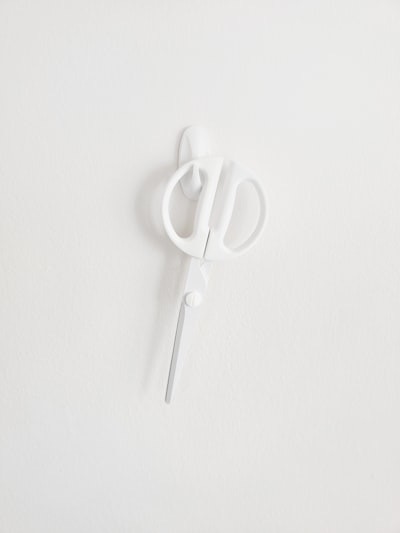
Tweezers and scissors are essential tools for managing minor injuries and ailments that may occur during your travels. Here are some key points to consider:
- Tweezers are useful for removing splinters, thorns, or foreign objects embedded in the skin.
- Bandage scissors or precision forceps can be used to cut bandages or dressings and remove sutures or staples.
- It’s important to keep the tweezers and scissors clean and sterile to prevent infection.
- If you’re unsure about removing a foreign object or performing any procedures, it’s advisable to seek medical assistance.
By including tweezers and scissors in your travel medication kit, you can effectively manage minor injuries and ailments that may require intervention.
14. Burn Cream and Aloe Vera Gel
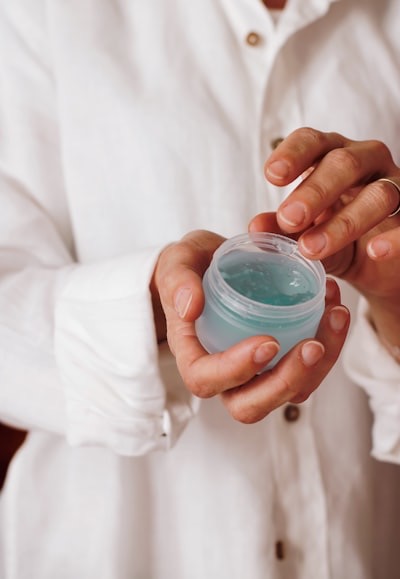
Burns and sunburns can occur while traveling, especially if you’re spending time in hot climates or engaging in outdoor activities. Here are some key points to consider:
- Burn cream can provide relief for minor burns and help prevent infection.
- Aloe vera gel is soothing for sunburns and can help reduce redness and inflammation.
- It’s important to apply burn cream or aloe vera gel to clean and dry skin.
- For severe burns or burns that cover a large area of the body, seek immediate medical attention.
By including burn cream and aloe vera gel in your travel medication kit, you can effectively treat minor burns and sunburns and alleviate discomfort.
Conclusion
Traveling with a well-equipped medication kit is essential for a smooth trip. Ensure you have pain relievers, motion sickness medication, and allergy antihistamines. Don’t forget digestive aids, electrolytes, and sleep aids. For pre-existing conditions, carry prescription meds and monitoring supplies. Also, pack first aid essentials like antiseptics and bandages. Store medications correctly and organize your kit efficiently. Remember to check airline guidelines for carrying prescription drugs. Be prepared and stay healthy on your travels!
Frequently Asked Questions
How Should I Store Medications While Traveling?
It’s important to store medications properly while traveling to maintain their effectiveness. Here are some key points to consider:
- Keep medications in a cool and dry place away from direct sunlight.
- If necessary, store medications in a travel-sized cooler bag with ice packs to ensure temperature control.
- Avoid exposing medications to extreme temperatures or moisture.
- Always check the storage instructions provided with the medications and consult a healthcare provider or pharmacist if you have any concerns.
By following these storage guidelines, you can ensure that your medications remain effective and safe throughout your travels.
Can I Bring Prescription Medicines on a Plane?
Yes, you can bring prescription medicines on a plane, but there are regulations to follow. Here are some key points to consider:
- Carry all prescription medications in their original containers with clear labels that identify the contents, your name, and dosing instructions.
- It’s advisable to carry copies of all prescriptions, including generic names, preferably translated into the local language of your destination.
- If you are traveling with controlled substances or injectable medications, carry a note from your prescribing healthcare provider or travel clinic on letterhead stationery.
- Familiarize yourself with the transportation security administration (TSA) regulations regarding carrying medications on a plane.
By following these guidelines, you can ensure that you comply with the regulations and have your prescription medicines with you during your flight.
What’s the Best Way to Organize My Travel Medication Kit?
Organizing your travel medication kit is essential for easy access and effective use. Here are some key points to consider:
- Use a travel-sized bag or case with compartments to keep your medications and supplies organized.
- Label each compartment according to the category or purpose of the medications or supplies.
- Consider including a comprehensive guide to travel medicine for reference.
- If your kit is large, consider creating a mini first aid kit with essential medications for easy access during day trips or excursions.
By organizing your travel medication kit, you can ensure easy care and quick access to the necessary medications and supplies.
How Do I Replace Medications Abroad in Case of Loss?
Losing medications while traveling can be stressful, but there are steps you can take to replace them. Here are some key points to consider:
- Contact your healthcare provider or pharmacist for guidance on replacing medications abroad.
- If you have copies of your prescriptions, they can be helpful in obtaining replacements.
- Contact the US embassy or consulate in your destination country for assistance and recommendations.
- If possible, have a family member or trusted individual back home coordinate with your healthcare provider to send replacements if necessary.
By following these steps and seeking assistance when needed, you can replace lost medications and ensure continuity of care while traveling.
https://www.target.com/p/adventure-medical-kits-smart-travel-first-aid-kit/-/A-88857143
https://accessibe.com/blog/knowledgebase/screen-reader-guide